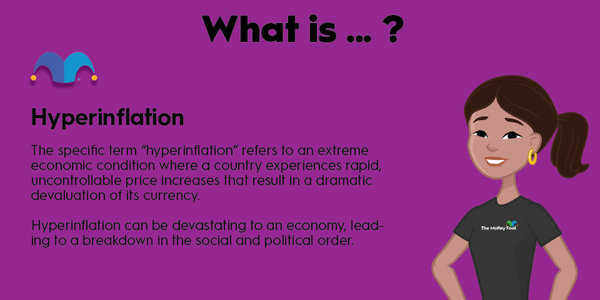Whether you're applying for a new credit card or a loan, creditors need to know how well you handle credit. That's why they look at your credit reports and credit scores. One factor that affects your credit score is the number of recent hard inquiries listed on your reports. Find out what a hard inquiry is and how it fits into the borrowing process.

What is a hard inquiry?
What is a hard inquiry?
A hard inquiry occurs when you formally request credit from a bank or other lender, and they receive a full copy of your credit file. You may receive a hard inquiry from just one credit bureau, as is often the case for car loans or personal loans, or hard inquiries to each of the three main credit bureaus, which generally is what happens when you apply for a mortgage.
You have to authorize a hard inquiry in the vast majority of cases so you’ll know if one has taken place. There will be a record of it attached to your credit file for each bureau that was queried.
How they affect your credit
How do hard inquiries affect your credit?
No matter what you do with credit, there's a record of it that goes into your credit file. Although there are many different reasons for a lender to perform a hard inquiry, the result is the same: A record of that inquiry is added to your file, and you generally suffer about a five-point drop in your credit score.
However, five points isn't much of a ding as long as you're not applying for a dozen credit cards at once. The new credit line has the potential to boost your credit score much higher than the loss you suffer from applying, so this is typically a bit of a wash unless you're denied credit by the lender. Applications for new credit only account for 10% of your FICO score.
Loan Default
Loan rate shopping
Hard inquiries and rate shopping
Shopping around for the best mortgage rate or car loan rate may sound like a terrible idea if you take a five-point hit every time you apply. But there's actually an exception baked in for these events. When you're rate shopping – that is, trying to find the best loan rate possible – all the hard inquiries for certain types of loans will count as a single pull within a particular window. That window can vary from 14 to 45 days, depending on the credit scoring model, so it's safest to do all your rate shopping within two weeks.
Usually, rate shopping is allowed when you're seeking to borrow money for a specific purpose, like you're shopping for a mortgage, auto loan, or student loan. The assumption is that you only need to borrow money for one purpose and aren't simply looking to rack up a lot of debt, as could be the case with multiple credit card loan applications in a short period.
To be clear, each type of credit you're shopping counts as a single pull, so if you visited 10 mortgage lenders, that's only one hard inquiry. But if you applied for both a student loan and a car loan at the same time, it would count as two separate inquiries.
Related investing topics
Hard vs. soft inquiries
Hard inquiry vs. soft inquiry
Hard inquiries aren't the only way that someone can view parts of your credit file. There are also soft inquiries, which you may incur from looking at your own credit file or when your credit card issuer checks to see if it can raise your credit limit automatically. Unlike hard inquiries, soft inquiries don't count against your credit score since you didn't request them.
Although sometimes you will see a section on your credit file that shows soft credit inquiries, only hard inquiries affect your credit score. Hard inquiries typically cause about a five-point drop in your credit score. They can stay on your credit report for two years, so you don't want too many of them piling up. Soft inquiries may show up on your credit file for a while, but they're only there for your information, so you know who has been looking at your credit file. Lenders won't see a soft inquiry if they pull your credit history.

















